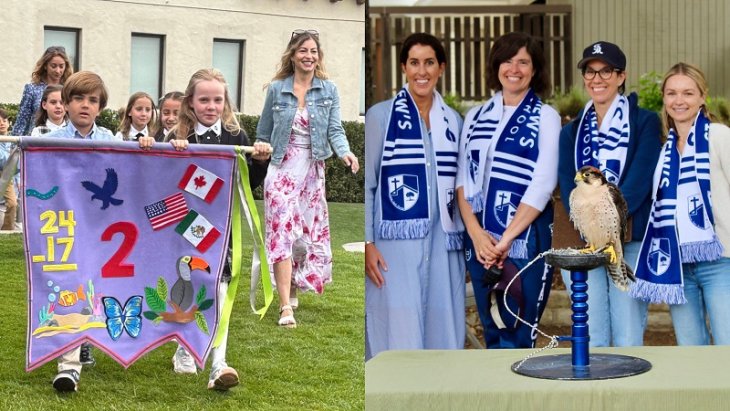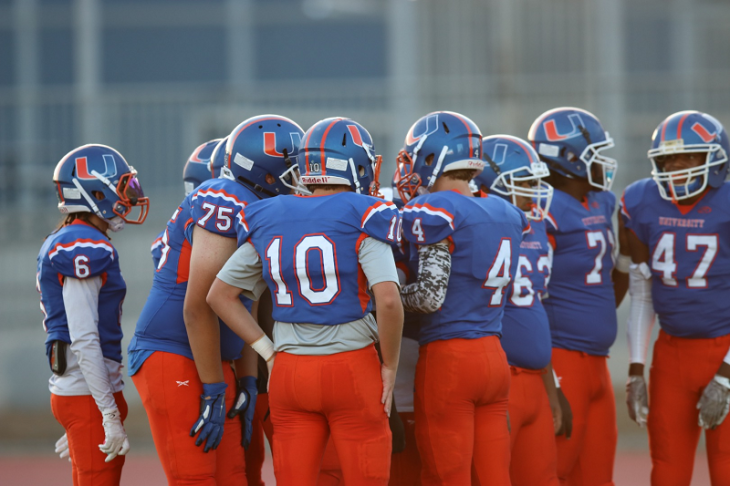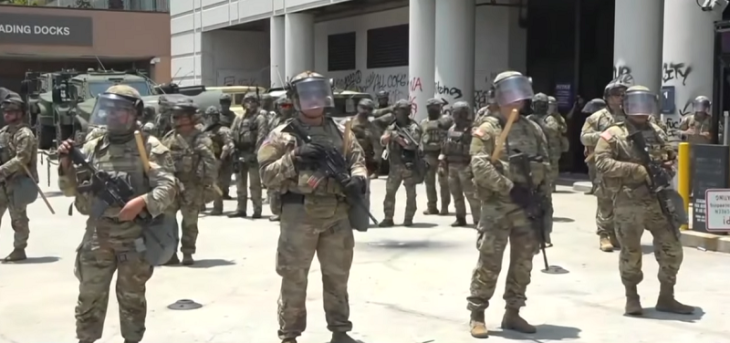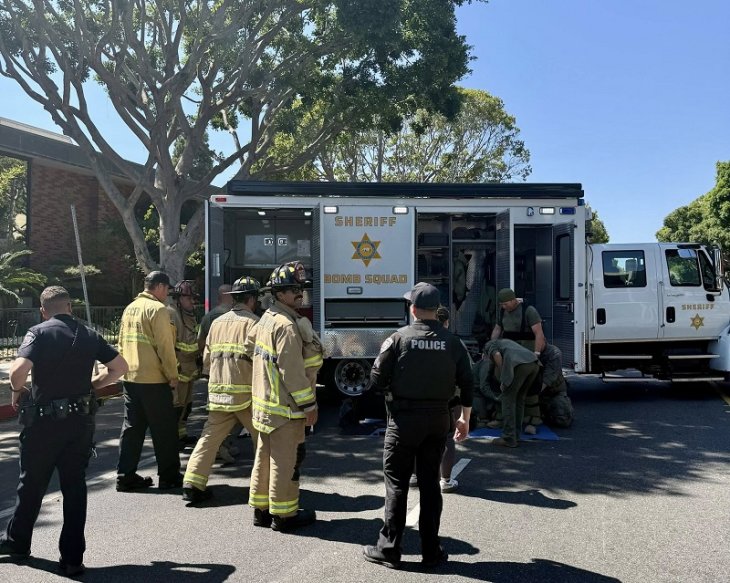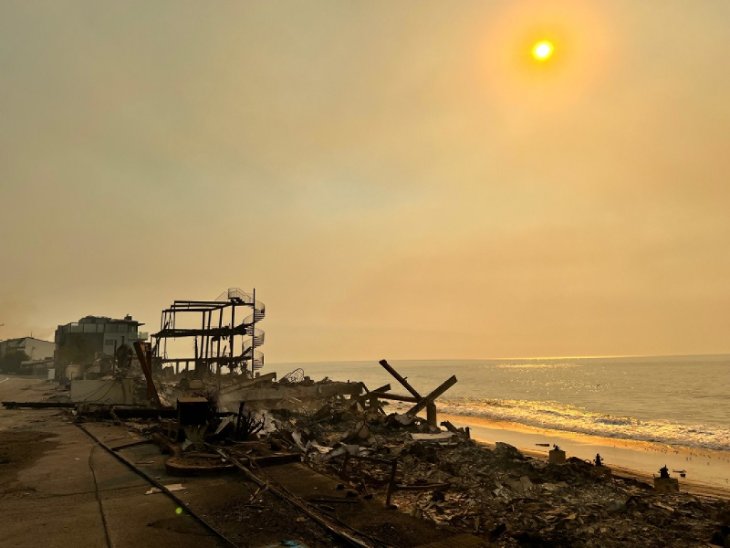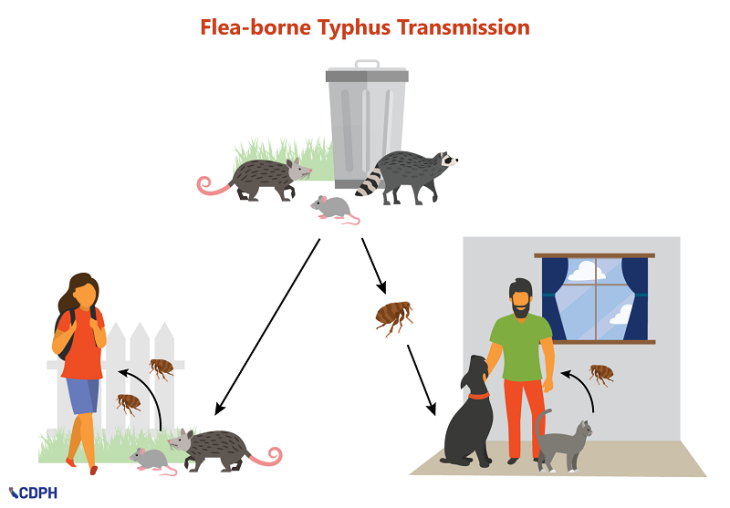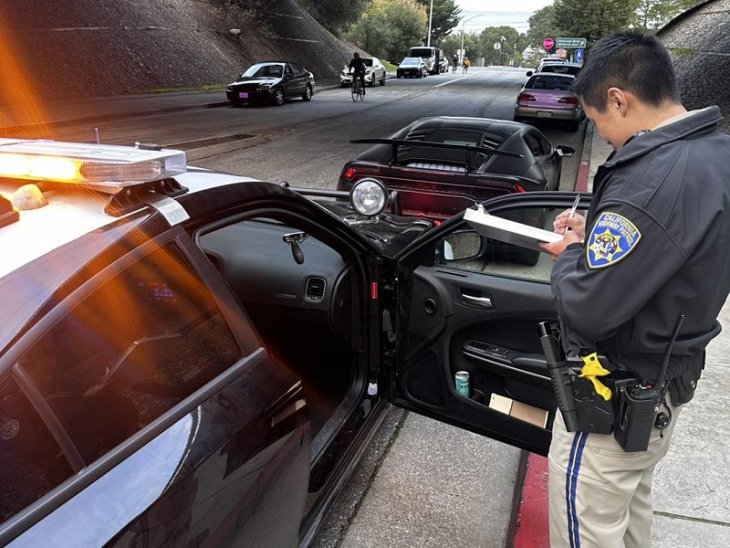 The Los Angeles County District Attorney’s Office agreed today to defer its prosecution of a UCLA chemistry professor charged in connection with a 2008 lab fire that killed a research assistant, in a deal that could result in the case against him eventually being dismissed.
The Los Angeles County District Attorney’s Office agreed today to defer its prosecution of a UCLA chemistry professor charged in connection with a 2008 lab fire that killed a research assistant, in a deal that could result in the case against him eventually being dismissed.
Under the agreement, Patrick Harran must adhere to a series of requirements, including 800 hours of non-teaching community service at the UCLA Hospital System/UCLA Health Services. If he completes all of the requirements, the case against him is expected to be dismissed in five years, according to the deferred prosecution agreement. If he fails to do so, he will stand trial on four felony counts alleging violations of the state’s Labor Code.
Harran, 44, was charged in December 2011 in connection with the death of Sheharbano “Sheri” Sangji.
The aspiring law school student — who was not wearing a lab coat — suffered second- and third-degree burns in a Dec. 29, 2008, lab fire in which a highly flammable chemical agent spilled onto her and ignited. She died about 2 1/2 weeks later.
Sangji’s brother and sister objected to the agreement, saying they believed Harran should have to either go to trial or enter a plea in connection with the charges.
The victim’s older sister, Naveen, described her sibling as being “covered in bandages all over” and in “excruciating pain” following the fire, saying her family “has to forever live with the memory of Sheri’s suffering.”
She told Los Angeles Superior Court Judge George G. Lomeli that Harran has refused to accept responsibility, adding that “he has blamed everyone except himself.”
Naveen Sangji urged the judge to double the amount of community service hours Harran would be required to perform — from 400 hours initially agreed to by the prosecution and Harran to 800 hours. The judge agreed with that request.
Sangji’s younger brother, Hussain, said the family’s main concern is that “no one else suffers like Sheri did.”
In a brief statement after the victims’ siblings spoke, Harran said, “What happened to Sheri in my laboratory was absolutely horrible, and she was too young, too talented and had too bright a future for anyone to accept it.”
“Standing before you today, I understand that as a mentor and what we call a principle investigator, I was ultimately responsible for the safety of personnel in my laboratory,” he said. “The tragedy shocked the academic research community. Sheri’s death showed everyone in academia, including me, that our approach to safety had to change. It is heartening that those changes have been remarkable in the time since 2008 and have impacted institutions large and small across the country.”
He noted that he couldn’t “imagine the pain” Sangji’s family has experienced and will continue to endure.
Deputy District Attorney Craig Hum noted that the case is “not being dismissed” at this point.
“We will be watching what goes on,” the prosecutor said.
The judge noted that he will be monitoring what is happening as well, saying that the case will remain on the court’s calendar.
Lomeli called the fatal fire a “tragedy” and said one of the objectives of the case is to prevent it from happening to any other people.
In the agreement, Harran acknowledged and accepted responsibility for the conditions under which the laboratory was operated the day of the fire and acknowledged that he was “the supervisor having direction, management and control of Sheharbano Sangji, who was employed as a research associate in defendant Harran’s laboratory.”
Along with the 800 hours of community service, the agreement calls for Harran to pay a $10,000 fine that will go to the Grossman Burn Center, where Sangji was treated for her injuries.
The agreement also requires Harran to develop a curriculum for and personally teach for five years an organic chemistry preparatory course to help college students involved in the South Central Scholars program, along with speaking to incoming UCLA students majoring in chemistry or biological sciences about the importance of laboratory safety.
If Harran complies with the terms of the agreement, the District Attorney’s Office will move to dismiss all charges against him, according to the agreement.
Outside court, Hum said he believes the agreement is the “best resolution possible,” despite the objection of the victim’s siblings.
“Ultimately, it was discussed at the highest levels of the D.A.’s Office,” Hum said. “Our obligation is to seek justice.”
Criminal charges against the University of California Board of Regents were dismissed in July 2012 as the result of an “enforcement agreement” that called for corrective measures. The agreement also mandated the use of laboratory coats while working on or adjacent to all hazardous chemicals, biological or unsealed radiological materials, along with the establishment of a $500,000 scholarship in Sangji’s name at UC Berkeley’s law school, where she had been accepted as a student.

